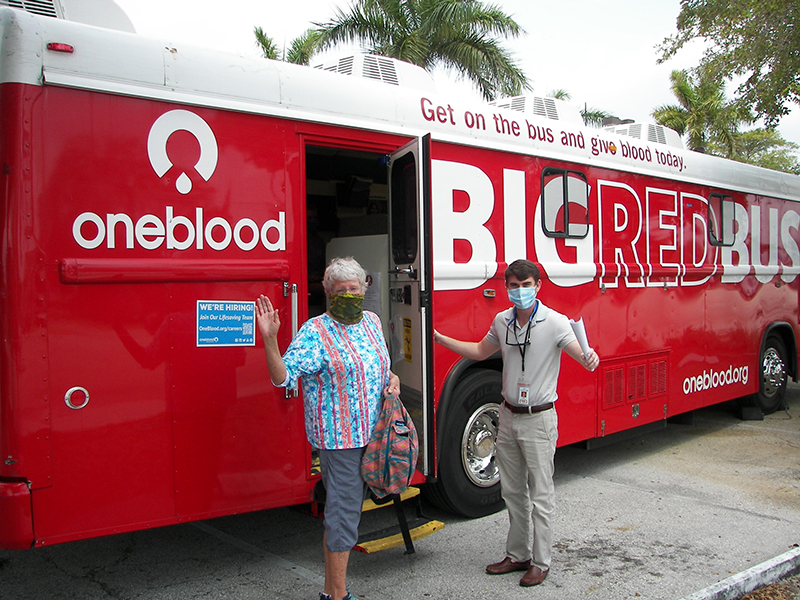By Katie Gilden and Sheri Fiske Schultz
In the past several weeks, the coronavirus pandemic has swept the nation—social distancing and “shelter in place” orders abound, and nearly half of the American people are in quarantine. Beyond the public health disaster is the ever-growing economic impact COVID-19 will have for weeks and months to come.

For all those business owners out there, now is the time to take stock of your company’s financial health—and determine what measures you can take to mitigate losses.
First up, revenue generation and cash flow
Tap into your already established customer/client base
What do your customers need from you during this unprecedented time and how can you adapt to those changing needs? Maybe you own a restaurant that can offer not only take-out and delivery orders, but also allow customers to order meats and other provisions to “cook at home”—items that may be in low supply at traditional grocers.
If you are a service business traditionally reliant on in-person “face-time” (for example, certain healthcare practices), can you start utilizing telemedicine?

Commercial contractors with jobs on pause may be able to transition to residential projects (particularly as many people now may be in the market for home office renovations).
Retailers can also sell gift cards at a discount for future use in store or online to generate cash flow.
If your line of business is “non-essential” in this new normal, consider retooling your operations to serve a current community and governmental agency need. Even smaller businesses can shift their product focus and be part of the solution.
Cutting expenses
Start with your largest monthly outflows. Often, rent and payroll are a business’ largest expenses. Speak to your landlord about the possibility of reducing or forgiving rent for a period.
If you have no choice but to let staff go, make sure that you also reduce expenses which may decline as your workforce shrinks. For example, most companies pay for IT and telecom expenses by the number of users. Professional liability insurance and workers compensation premiums may be dependent on the number of professionals employed. Be sure to reduce corresponding expenses as staff are laid off or furloughed.
Financing
Can you pull money out of existing credit lines to help “bridge the gap” during this period? Review your debt obligations and speak with lenders about extending or loosening debt covenants and/or financial statement audit or review requirements.
Also, keep an eye out for pending legislation, as well as new emergency federal, state, and local programs that may offer low or zero interest loans, grants, employer incentives and/or special tax credits.
Business plan
Last, and perhaps most importantly, have a business plan. Make sure you know the bottom line necessary for your company to survive the next two weeks, the next two months, and the next six months.
Keep in mind that even once we get past the current crisis, social distancing restrictions may be eased more slowly, rather than all-at once. State and local governments may take a phased approach at getting back to normal.
Your business should also have a phased approach—the return to “normal” will likely not be a straight line—prepare to deal with the curves along with way.
Katie Gilden, CPA, CFF, CFE, CVA is a Director of Forensic, Litigation and Valuation services at Fiske & Company, a South Florida accounting and consulting firm. Sheri Fiske Schultz, CPA/ABV/CFF, is Managing Partner and focuses her practice on business valuation and litigation. Visit www.fiskeco.com.












